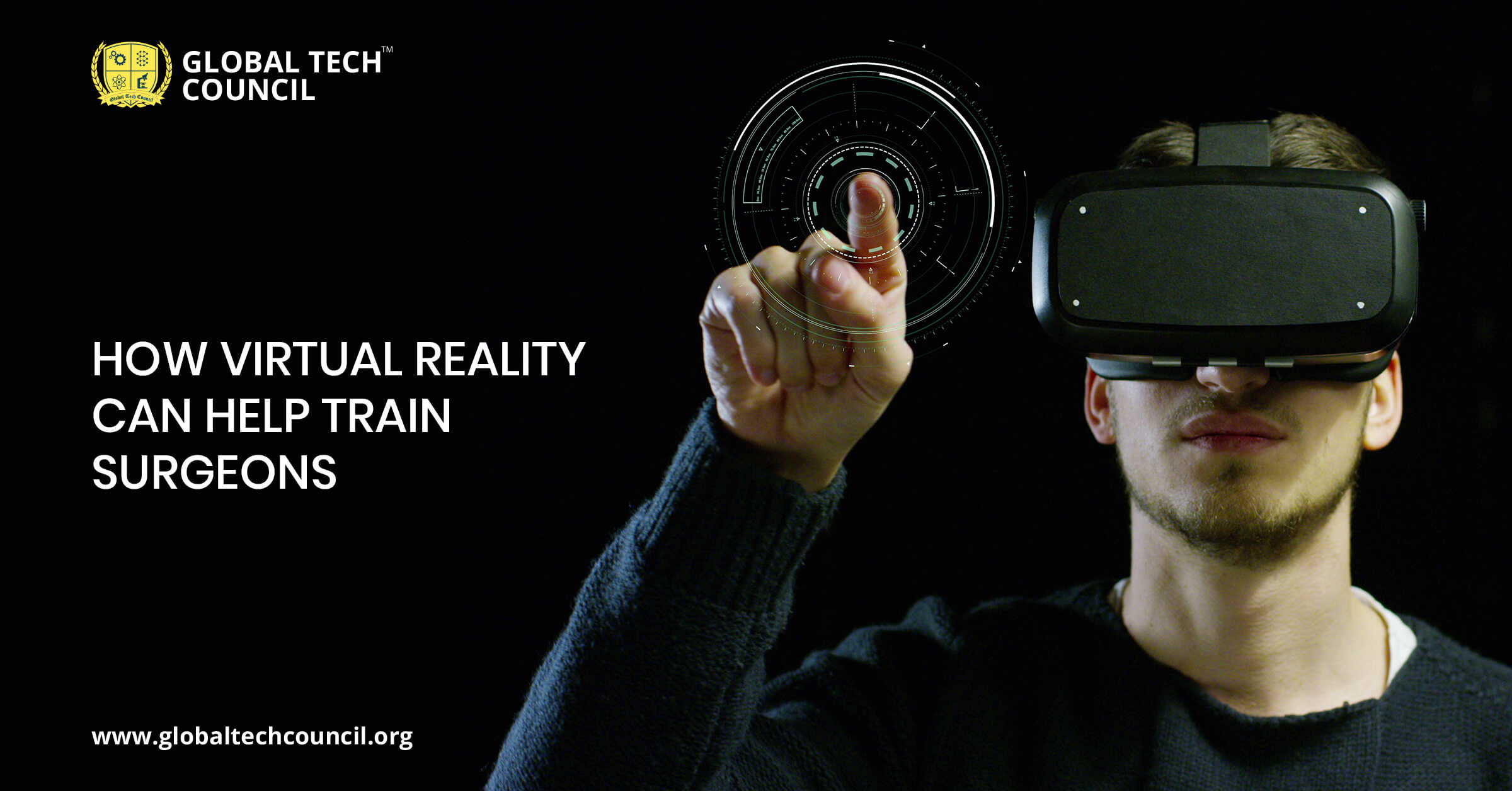
Virtual reality is an excellent development of technology. This creates a virtual world that seems natural. Virtual reality is already extensively used in game development and business models. With this great demand, virtual reality courses are getting popular day by day. Virtual reality certification or VR certification are also in great demand. But according to virtual reality expert, it has more potential than only games or business development models. Virtual reality experts are now trying to broaden the scope of this technology. New fields are now trying to use virtual reality for better performance. The medical field is trying to use virtual reality to train surgeons more prominently. Virtual reality gives a tremendous virtual environment to surgeons where they can perform operations without any harm.
Need of virtual reality to train surgeons:
Fast advances in the improvement of clinical devices in the 21st century are adding to better lives. However, it also brings new challenges along. Teaching surgeons to use these complicated technologies to perform operations can be a real challenge. Showing them ineffectively, or neglecting to do it by any means, can invalidate the potential advantages and put patients in danger. It can cause massive damage to the patient from gadgets that were planned to help them.
A specialist is once expected to perform 10 to 20 cases to arrive at capability in another strategy. Yet, as intricacy has expanded, that number has increased to 50 to 100 cases. The current arrangement of careful preparation is beginning to show breaks. More than 30% of graduating general surgery residents are not able to operate independently. And this number is an excellent reason for concern.
Pioneers in medical services quality regularly seek the aeronautics business for motivation. It has utilized re-enactment and different advances and cycles to accomplish a strikingly high bar for security. However, overall flight hours have multiplied in the course of the most recent 20 years. And carrier fatalities have fallen by just about 45 percent. This is an outstanding achievement. And medical experts now want to walk on this path to reduce the fatality rate in the medical field. So now, the media team is also feeling the importance of virtual reality to train surgeons.
How virtual reality can help to train surgeons:
VR Training Programs:
Emergency clinics and colleges throughout the world are accepting VR-based preparation. A new clinical approval study at UCLA’s David Geffen School of Medicine. It observed that VR preparation worked on members’ in the careful general exhibition better than others. VR training improved participants’ overall surgical performance by 230 percent compared with traditional training methods. VR-prepared members finished the procedure 20 percent quicker than the generally prepared surgeons. They likewise finished 38 percent more advances effectively in the system’s explicit agenda. So it clearly shows that VR has many advantages in the medical field.
Better Surgeons
With the revolutionary advancement of surgical tools and technologies, there is a continuous need to learn. As a result, the gap in surgical experience and skills development among doctors and surgeons is growing. The absence of genuine appraisals, regular training, and exploratory freedoms could be contributing elements. And virtual reality or VR could provide a strategic and effective solution to this problem.
Simulating Surgical Theatre:
Virtual reality technology can be appropriately programmed to simulate a surgical theatre for the surgeons. And that can be perfectly digitally tailored to give doctors and students a realistic experience. With time, trainees will be able to immerse themselves in such an experience truly. And then, they will be easily able to track their ongoing progress. This will also enable them to measure the overall performance. They can also help themselves by making their training more practical and authentic.
Improves Overall Skill of the Surgeon:
Using VR in surgical training can effectively improve the surgical skill of surgeons. It also gives current and future surgeons a standardized form of exercise. VR also helps formalize their experiences, allowing them to assess surgical procedures performed objectively.
Dr. Bejoy Daniel, a medical device consultant, said VR would be most important for teaching laparoscopic and robotic surgery. He also said that the more surgeons could practice and train, the more they create muscle memory. And it helps them immensely to become more skilled. If surgeons are well equipped and well trained, it also boosts their confidence. A specialist who sees five live medical procedures in a month could do so with a VR headset. The virtual course of action likewise can impart solace and certainty.
Trying New Methods:
With virtual reality, surgeons get to manipulate the surgery procedure without risking the patient. As surgeons get to try several approaches, and from there, they can adapt to find the most effective way. This gives better options to treat patients.
So virtual reality can effectively train surgeons for the overall betterment of their surgery skills.
So virtual reality in surgeon’s training is not only essential but also the need of the hour. It brings overall improvement for surgeons. Surgeons can perform as many surgeries as they want to make themselves perfect. It also boosts their confidence, skills, and efficiency.
Conclusion:
Virtual reality experts work hard to find different ways to improve various fields. Virtual reality courses give an overall perspective of the technology. Virtual reality certification or VR certification is popular among students. And as virtual reality has a tremendous positive impact on the medical field, it is better to do a course on it. It gives easy access to the technology.